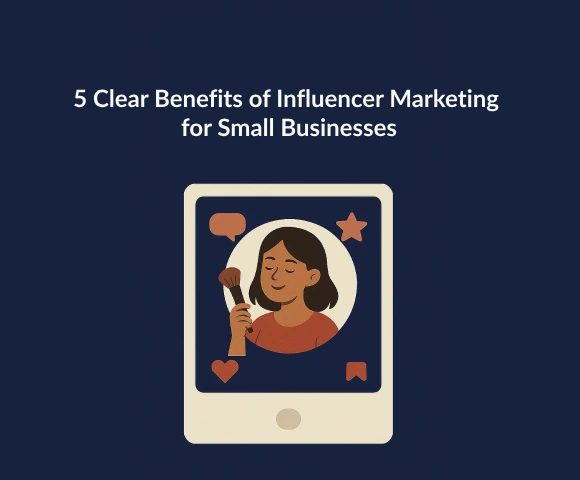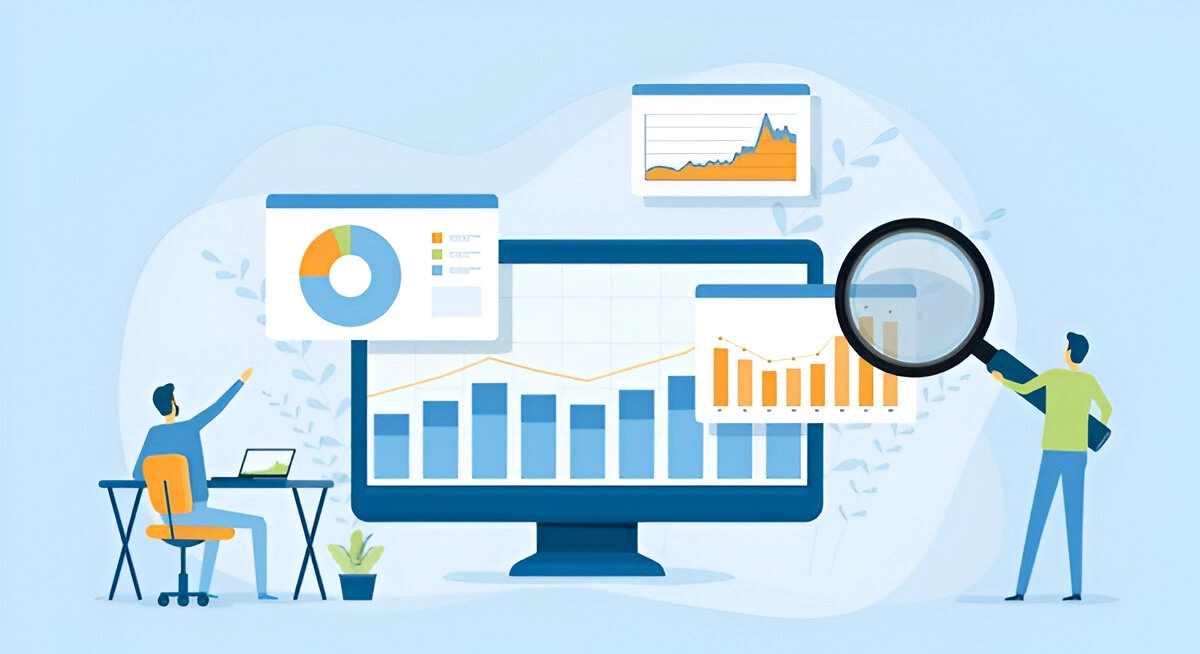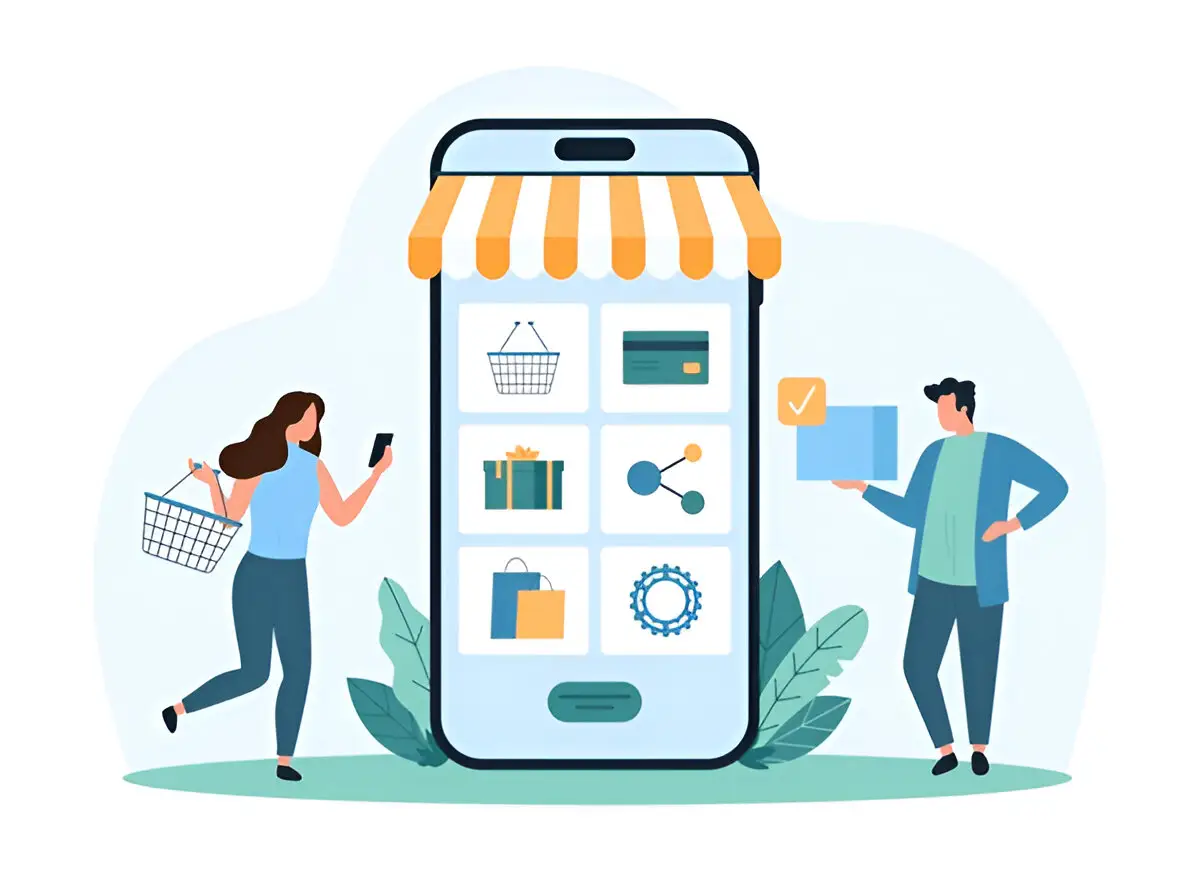In today’s fast-moving digital world, influencer marketing isn’t just for mega-brands with massive budgets. For small businesses, it’s a cost-effective and high-impact strategy to build trust, gain visibility, and engage audiences — especially younger consumers like Gen Z and millennials who are notoriously ad-averse.
With the right influencer partnerships, even a small brand can go viral, grow its community, and compete with the big players. Below, we’ll explore the five biggest benefits of influencer marketing for small businesses — and how to get started.

Influencer marketing helps small businesses build brand awareness quickly, foster authentic engagement, reach niche audiences, stay culturally relevant, and achieve strong ROI — especially when using micro-influencers and user-generated content (UGC).
One of the most immediate benefits of influencer marketing is the surge in visibility. Influencers already have the audience your brand wants. By collaborating with them, your product or service is introduced to a built-in, loyal community that trusts their recommendations.
Whether it’s a TikTok creator doing an unboxing, an Instagram beauty guru trying your product, or a YouTuber reviewing your brand, these shout-outs expand your digital footprint dramatically.
Example: A local skincare brand partnered with a wellness micro-influencer on Instagram and saw a 40% spike in website traffic in just 48 hours.
This kind of rapid awareness can be hard to achieve through traditional marketing, especially on a small business budget.

People trust people. In fact, studies show that consumers trust influencers more than traditional advertisements. When an influencer genuinely uses and enjoys your product, their endorsement feels more like a recommendation from a friend than a sales pitch.
This type of authentic brand engagement results in higher-quality interactions — think comments, shares, saves, and DMs — all of which build social proof and credibility.
Example: UGC-based testimonials, especially when reshared by the brand, often lead to increased conversions. Real people using your product in real life beats stock imagery any day.

If you think influencer marketing is only for companies with deep pockets, think again. Micro-influencers (typically with 1k–100k followers) are affordable, often have higher engagement rates, and can drive impressive results.
According to industry benchmarks, influencer marketing delivers an average ROI of $5.78 per $1 spent, outperforming many traditional digital ads.
Plus, many creators are open to non-cash collaborations, such as free products, giveaways, or affiliate deals, making it one of the most cost-effective digital marketing options for small businesses.

Unlike mass advertising, influencer marketing lets you tap into niche audience targeting. Whether you’re selling eco-friendly snacks, handmade jewelry, or vintage streetwear, there’s an influencer speaking directly to your ideal customer.
This targeted approach improves conversion rates and ensures your message reaches people who actually care about your product.
Example: A vegan café collaborated with local plant-based food bloggers and sold out its weekend brunch series — no paid ads required.

Social media is where cultural moments happen — and influencers are at the center of it all. They spot trends early and know how to ride viral waves, often before brands even catch on.
Partnering with influencers keeps your brand visible in the cultural zeitgeist. Whether it’s a trending TikTok sound, a meme, or a social cause, influencers can help you stay top-of-mind in an ever-changing digital landscape.
Example: A DTC jewelry brand used a trending TikTok challenge to showcase its latest pieces and racked up 250,000 views in one week.
This type of exposure builds not just attention, but relevance — a key currency for Gen Z marketing strategies.

Not sure where to begin? Follow these steps to launch a successful influencer campaign:
Awareness, engagement, sales, or content generation?
Look for authentic alignment, not just follower count.
Be upfront about your goals, deliverables, and compensation.
Let influencers do what they do best, with light guidance.
Track likes, shares, saves, link clicks, traffic, and conversions.
Bonus Tip: Start small. One micro-influencer with the right audience is more powerful than 10 mismatched ones. Test, learn, and scale from there.
From building authentic trust to competing with bigger brands without breaking the bank, the benefits of influencer marketing for small businesses are clear. It’s a flexible, scalable, and ROI-positive strategy that puts your brand where people are already spending time — on social media.
With the right micro-influencer collaborations and UGC-driven content, your business can grow faster, stay relevant, and connect with audiences that matter.
Let us help you craft a winning influencer strategy tailored to your goals and audience.